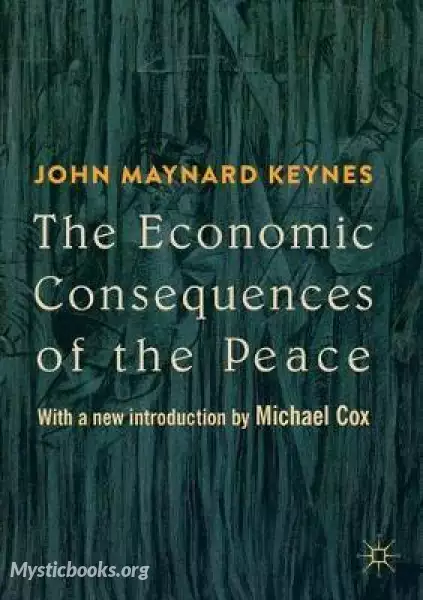
The Economic Consequences of the Peace
'The Economic Consequences of the Peace ' Summary
Keynes left Cambridge University to work at the Treasury in 1915. He worked daily on financing the war effort during World War I. That disturbed many of the pacifist members of the Bloomsbury Group of which he was a member. Lytton Strachey sent him a note in 1916 asking Keynes why he was still working at the Treasury.
Keynes quickly established a reputation as one of the Treasury's most able men and travelled to the Versailles Conference as an advisor to the British Government. In preparation for the conference, he argued that there should preferably be no reparations or that German reparations should be limited to £2,000 million. He considered that there should be a general forgiveness of war debts, which, he considered, would benefit Britain. Lastly, Keynes wanted the US government to launch a vast credit program to restore Europe to prosperity as soon as possible.
His general concern was that the Versailles conference should set the conditions for economic recovery. However, the conference focused on borders and national security. Reparations were set at a level that Keynes perceived would ruin Europe. Woodrow Wilson, the President of the United States, who represented his country at the conference, refused to countenance forgiveness of war debts and US Treasury officials would not even discuss the credit program.
During the conference, Keynes' health deteriorated, and he resigned from his position in frustration as a protest on 26 May 1919, before the Treaty of Versailles was signed on 28 June. He returned to Cambridge and wrote The Economic Consequences of the Peace over two months in the summer. Although a best seller, and highly influential, especially to those who already had doubts about the Treaty, it has also been described as "a diatribe".
Book Details
Language
EnglishOriginal Language
EnglishPublished In
1919Genre/Category
Tags/Keywords
Authors
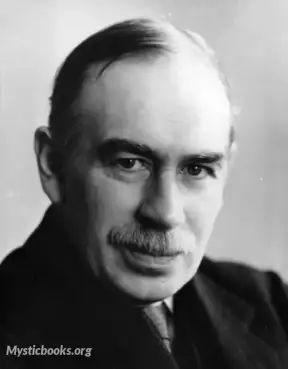
John Maynard Keynes
British
John Maynard Keynes, 1st Baron Keynes was an English economist whose ideas fundamentally changed the theory and practice of macroeconomics and the economic policies of governments. Originally trained...
Books by John Maynard KeynesDownload eBooks
Listen/Download Audiobook
- Select Speed
Related books
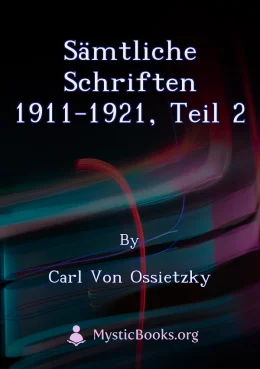
Sämtliche Schriften 1911-1921, Teil 2 by Carl von Ossietzky
This book is a collection of articles written by Carl von Ossietzky, a German journalist, pacifist, and Nobel Peace Prize laureate. The articles were...
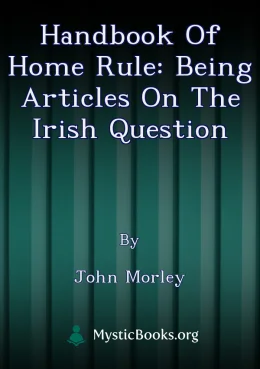
Handbook of Home Rule: Being Articles on the Irish Question by John Morley
The Handbook of Home Rule is a collection of essays written in 1887 that discuss the issue of Irish home rule. Home rule was a political movement that...
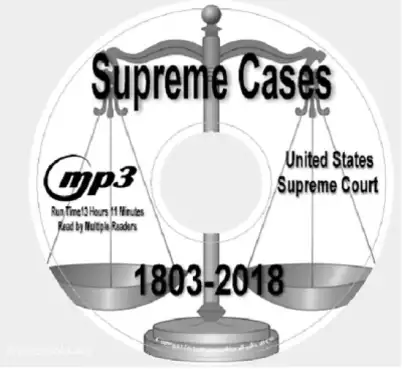
A Collection of Supreme Court Opinions: 1803-2018 by United States Supreme Court
These cases involved questions that came before the Supreme Court that needed answers. The questions in order of appearance in this project are as fol...
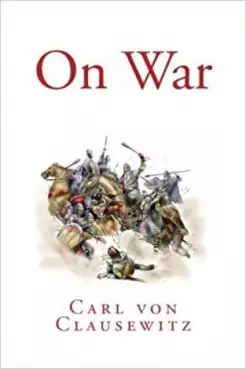
On War (Volume Two and Three) by Carl von Clausewitz
Vom Kriege written mostly after the Napoleonic wars, between 1816 and 1830, and published posthumously by his wife Marie von Brühl in 1832. It has bee...
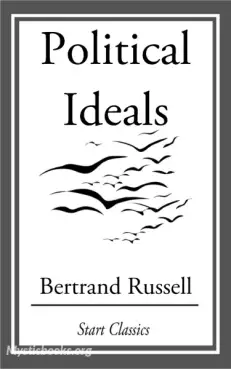
Political Ideals by Bertrand Russell
This is a book by the famous 20th century British philosopher Bertrand Russell on Political Ideals. It was written during the course of World War 1 an...
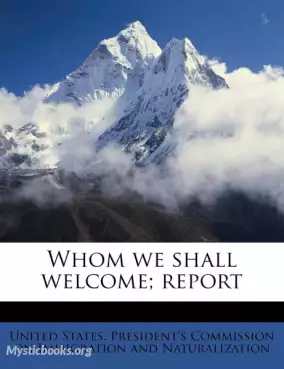
Whom We Shall Welcome: Report of the President's Commission on Immigration and Naturalization by The President's Commission on Immigration and Naturalization
"The bosom of America is open to receive not only the Opulent and Respectable Stranger, but the oppressed and persecuted of all Nations And Religions;...

Gesammelte Gedichte by Hedwig Lachmann
Hedwig Lachmann's collected poems, *Gesammelte Gedichte*, span a diverse range of themes and styles. Initially focused on traditional lyrical expressi...
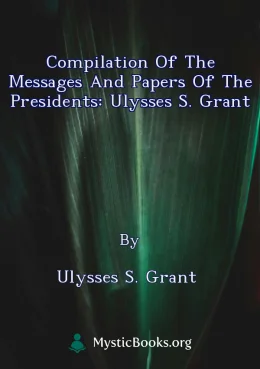
Compilation of the Messages and Papers of the Presidents: Ulysses S. Grant by Ulysses S. Grant
This volume, part of the multi-volume 'Compilation of the Messages and Papers of the Presidents', focuses on the presidency of Ulysses S. Grant. It pr...
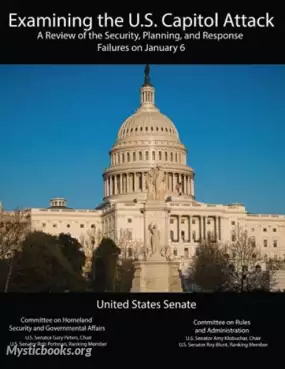
Examining the U.S. Capitol Attack by United States Senate
A joint bipartisan report by the U.S. Senate Committees on Homeland Security and Rules and Administration, addressing security, planning, and response...
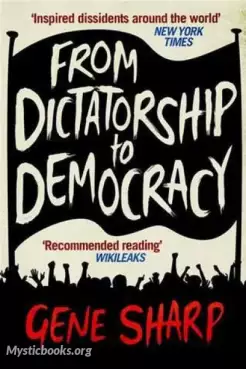
From Dictatorship to Democracy by Gene Sharp
From Dictatorship to Democracy, A Conceptual Framework for Liberation is a book-length essay on the generic problem of how to destroy a dictatorship a...
Reviews for The Economic Consequences of the Peace
No reviews posted or approved, yet...